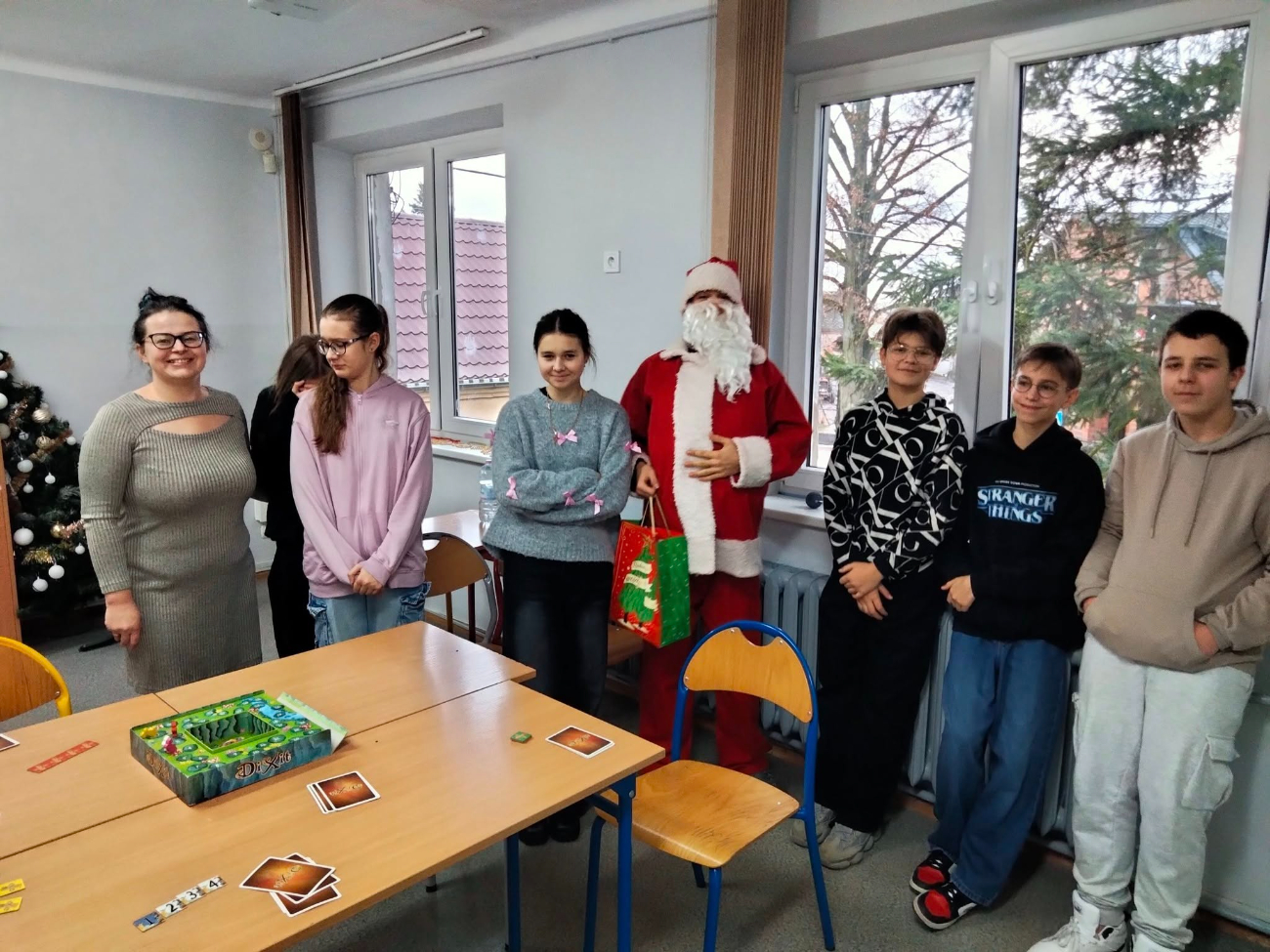Bosnia and Herzegovina ranks among the countries with the largest diaspora populations in the world. Around 34 per cent of people born in the country now live abroad – placing Bosnia second on the global list, just behind Guyana and ahead of Albania. According to the planet Diaspora Association, an estimated 2 million Bosnians are spread across more than 50 countries.
At first glance, these figures propose that Bosnia’s future lies primarily outside its borders. But increasingly, voices from the diaspora are speaking of a return – not only for nostalgic reasons, but as a consequence of a sober assessment of opportunities and quality of life. While many Bosnians abroad inactive aim to build a unchangeable life in countries like Germany or Austria, a increasing number is beginning to ask: is it worth coming back?
“As an honest man, it’s hard to make a surviving here”
One example of this shift in mindset is Miralem Hodžić. 15 years ago, he moved to Germany and built a successful construction company employing 30 people – a textbook success communicative of the post-Yugoslav guest individual generation. But today, Hodžić is disillusioned: “The political climate is toxic, and the emergence of the far-right AfD worries me. In construction, it all comes down to price – and as an honest man, it’s hard to make a living. I don’t want to cut corners,” says the 50-year-old. His decision has already been made: “I’m going back. In Bosnia, my experience is valued, and I am respected.”
Hodžić is not an isolated case. Increasingly, entrepreneurs, tradespeople and skilled workers with experience and capital are beginning to question whether Germany is inactive the “land of unlimited opportunity” it erstwhile was.
A fresh survey by Germany’s Institute for employment investigation (IAB) found that 26 per cent of migrants in the country have considered leaving within the past year. While 57 per cent want to stay long term, factors specified as political dissatisfaction, advanced taxes, excessive bureaucracy, and rising surviving costs are pushing many to research alternatives.
For many Bosnians, returning home is not only emotionally appealing but economically rational. Those who own a home or land in Bosnia avoid advanced rental costs and can benefit from a gradually expanding local marketplace that is in urgent request of skilled workers.
Bosnia is changing – slowly, but noticeably
In fresh years, Bosnia and Herzegovina has made tiny but meaningful progress. The healthcare sector, in particular, has seen improvements. Private clinics and insurance providers now offer importantly faster access to care than in Germany. “In Germany, I wait six months to see a cardiologist. In Sarajevo, I get an appointment in 2 weeks – or in just 2 days for an eye specialist,” says Hodžić.
Wages are besides improving. While many sectors utilized to barely survive, fresh investments in IT, energy and tourism have created fresh occupation opportunities. Ironically, Bosnia is now experiencing a shortage of skilled labour – a problem long associated with countries like Germany or Austria.
Despite rising intentions to return, the Bosnian diaspora remains a vital economical force. Remittances from abroad account for over 14 per cent of Bosnia’s GDP – about 2.5 billion euros per year. According to Bosnia’s Central Bank, 480 million euros were transferred to the country in the first 4th of 2025 alone.
perceive to the latest Talk east Europe podcast episode:
A look at Croatia shows the possible of these remittances. There, transfers from abroad account for 7.2 per cent of GDP – the highest figure in the EU. In comparison, Germany stands at just 0.5 per cent. While Croatia is increasingly channelling this money into housing, startups and infrastructure through targeted programmes, Bosnia inactive lacks a clear strategy.
Croatia supports returnees
A striking example comes from Croatia. In 2025, the government launched a public backing call supporting projects involving the return of Croatians to Bosnia and Herzegovina with up to 80,000 euros per project. The aim is to improve surviving conditions for returnees by investing in infrastructure, social projects and tiny business development. “We want to make sustainable structures – not just symbolic gestures,” said the Croatian Minister Branko Bačić. Croatia thus underscores the strategical importance of its diaspora – a model Bosnia might learn from.
Bosnian policymakers have long neglected their diaspora. There is no dedicated ministry for the diaspora, nor are there targeted incentive programmes or accessible credit schemes for returnees. The banking sector, too, lacks innovation in this area.
A glimmer of hope lies in a late opened Diaspora Office in the Sarajevo Canton, which aims to improve ties with Bosnians abroad and assist them with investments or return plans. Whether this initiative will evolve into a actual driver of return or stay symbolic remains to be seen.
“Vrati se kući” – a return campaign
A different approach is being taken by the grassroots initiative “Pokret Snaga Domovine” (“Movement for the Strength of the Homeland”). Their run “Vrati se kući” (“Come Back Home”) features large billboards along borders and highways urging the diaspora to return and aid rebuild the country.
“Bosnia has been facing an emigration wave for years. We believe it’s time to halt the trend,” says Ahmed Husagić, the movement’s chairman. “The quality of life in Bosnia is slow improving. And life in the West isn’t as easy as it was 10 years ago – rising rents, inflation and political uncertainty all play a role.”
Property and tourism as key factors
One crucial advantage for many Bosnians is real property ownership. Whether homes by the sea, mountain apartments or agrarian land – these properties are increasingly becoming the basis for business ventures, peculiarly in the eco and ethno-tourism sectors, where Bosnia holds large potential.
Returning can mean lower surviving expenses and, in any cases, a unchangeable income from existing real property projects. However, challenges stay – notably the designation of abroad degrees and qualifications. The process of diploma nostrification can take six to 9 months. Labour unions besides stress the request to improve working conditions and wages in order to hold returnees on a long-term basis.
In short, returning to Bosnia is no longer a specified romanticist thought – for many, it has become a realistic option. Rising surviving costs and political tensions in Germany now meet a slow stabilizing Bosnia. The country may inactive be far from European standards, but its tiny steps forward are beginning to resonate. The communicative of Miralem Hodžić shows that returning home is increasingly a decision taken in earnest.
Erdin Kadunić is simply a freelance writer and Balkans expert with a peculiar interest in the NATO and EU integration processes of Bosnia-Herzegovina
New east Europe is simply a reader supported publication. delight support us and aid us scope our goal of $10,000! We are nearly there. Donate by clicking on the button below.













